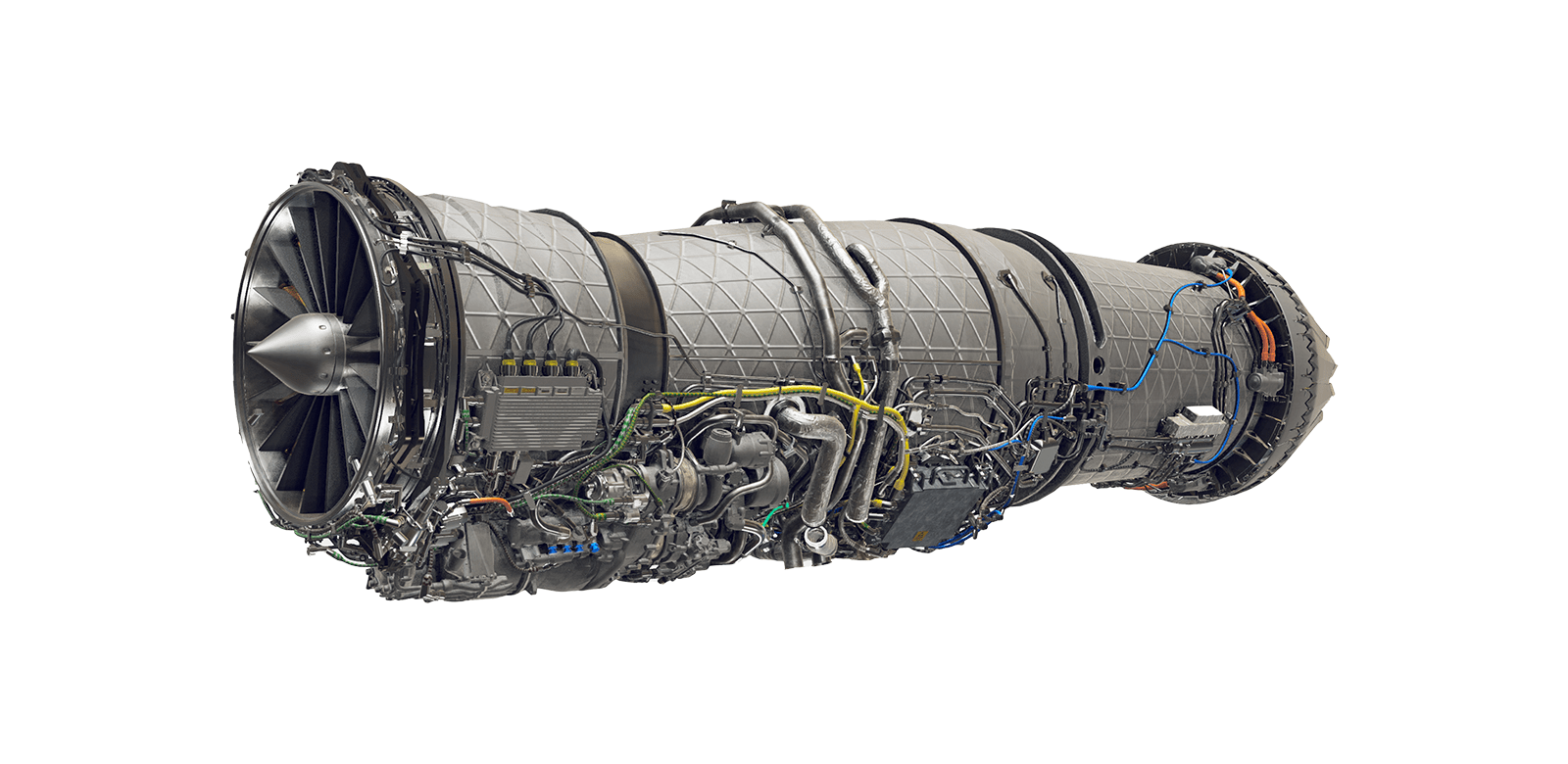The Influence of Innovative Engine Technologies on Energy Effectiveness and Environmental Sustainability
In the world of transportation and commercial machinery, the constant pursuit for enhanced power efficiency and lowered ecological influence has actually brought about substantial improvements in engine technologies. From the steady shift in the direction of electric and hybrid systems to the assimilation of turbocharging for improved performance, the landscape of engines is progressing swiftly. The use of alternate gas further diversifies the alternatives available for lasting energy resources. These advancements not only guarantee a greener future yet additionally hold the possible to revolutionize the means we come close to energy intake and ecological sustainability.
Development of Engine Technologies
The progression of engine innovations over the decades has actually been noted by continual innovation and refinement in pursuit of boosted performance and effectiveness. From the very early days of interior burning engines to the innovative crossbreed and electric powertrains of today, the advancement of engine technologies has been driven by an unrelenting mission for boosted gas effectiveness and decreased discharges.
One significant landmark in this evolution was the development of turbocharging and straight injection systems, which considerably increased engine power result while boosting fuel effectiveness. These innovations enabled for smaller sized, more light-weight engines that can supply the performance of larger ones without compromising on effectiveness.
Additionally, developments in materials scientific research have resulted in the prevalent adoption of light-weight materials such as light weight aluminum and carbon fiber in engine construction. This has not only lowered general vehicle weight but has actually also boosted engine performance by lessening power losses linked with inertia and friction.
Advantages of Electric and Hybrid Solutions
With the growing focus on sustainability and energy effectiveness, what benefits do hybrid and electric systems supply in the world of engine modern technologies? Furthermore, electrical and hybrid systems are a lot more energy-efficient, converting a greater percent of kept energy into propulsion contrasted to standard engines. Crossbreed systems combine the benefits of electrical propulsion with the flexibility of a combustion engine, giving prolonged decreasing and driving ranges range anxiety for consumers transitioning to electrical vehicles.
Turbocharging for Improved Effectiveness
Ingenious engine innovations like electrical and hybrid systems have paved the method for innovations in car effectiveness, with turbocharging arising as a key strategy for improving total performance and sustainability. Turbocharging works by utilizing a wind turbine to compel even more air into the burning chamber, enabling far better fuel combustion and raised power outcome without a considerable increase in engine size. This procedure, recognized as forced induction, allows smaller, extra fuel-efficient engines to create power degrees equivalent to larger ones. By making the most of the performance of the combustion procedure, turbocharged engines can accomplish improved fuel economic climate and decreased emissions, adding to environmental sustainability. Furthermore, turbocharging enhances engine responsiveness, offering motorists with an extra vibrant driving experience. The extensive adoption of turbocharged engines in both gasoline and diesel automobiles shows their performance in balancing performance, effectiveness, and ecological impact. As auto makers remain to fine-tune turbocharging innovation, its duty in promoting energy performance and sustainability in the transport market is anticipated to expand better.
Taking Advantage Of Alternate Fuels
Harnessing alternate gas provides a promising opportunity for decreasing carbon discharges and expanding the energy resources utilized in transportation. As the globe makes every effort to deal with environment adjustment and reduce dependency on nonrenewable fuel sources, alternate fuels have actually obtained substantial interest for their potential environmental and economic advantages.
Biofuels, such as ethanol and biodiesel, are stemmed from eco-friendly resources like corn, algae, and sugarcane, providing a cleaner burning alternative to conventional gasoline and diesel. These gas can be mixed with existing petroleum fuels or used in specialized engines, supplying a pathway to reduced greenhouse gas discharges and boost air quality.
Furthermore, hydrogen fuel cells have become a promising innovation for zero-emission transport. engines for africa. By transforming hydrogen gas into power to power electric motors, fuel cell vehicles produce just water vapor as a by-product, eliminating harmful tailpipe emissions completely
Along with minimizing carbon emissions, alternative fuels can also boost power safety by expanding the gas mix and reducing dependence on imported oil. Accepting different gas in transport is an essential step in the direction of achieving a much more eco friendly and lasting future.

Future potential customers and ecological advantages
The environmental benefits of different fuels and their potential for long-lasting sustainability are vital factors to consider in the change in the direction of cleaner energy resources. Different gas, such as biofuels, hydrogen, and power, try these out offer considerable environmental benefits contrasted to traditional nonrenewable fuel sources. These gas create lower degrees of greenhouse gas discharges, minimizing air contamination and mitigating environment modification effects. In addition, alternate gas can assist diversify power sources, improving power protection and minimizing reliance on finite sources.
The future leads for alternate fuels in the transport market are encouraging. Advancements in modern technology remain to enhance the efficiency and price of different gas cars, making them extra easily accessible to consumers. Governments around the globe are additionally carrying out policies to incentivize the fostering of alternate fuels, better driving their growth. As r & d initiatives expand, the possibility for even greener and more lasting fuel options enhances, leading the method for a cleaner and extra eco-friendly transportation industry. By accepting different fuels and ingenious modern technologies, the course in the direction of a much more lasting future becomes increasingly attainable.

Conclusion
In final thought, ingenious engine technologies have actually played an essential function in improving energy performance and advertising ecological sustainability. The advancement of engine modern technologies, adoption of hybrid and electric systems, utilization of turbocharging, and expedition of alternate fuels have all added Visit Your URL to minimizing emissions and increasing efficiency.
In the realm of transport and industrial machinery, the continuous mission for improved power efficiency and lowered ecological effect has led to considerable innovations in engine modern technologies. Turbocharging jobs by using a turbine to require even more air into the combustion chamber, enabling for far better gas combustion and boosted power output without a substantial rise in engine size. By making the most of the efficiency of the burning process, turbocharged engines can accomplish enhanced fuel economic climate and lowered exhausts, contributing to environmental sustainability. Alternate fuels, such as biofuels, hydrogen, and electrical energy, deal significant ecological benefits compared to conventional fossil gas. The evolution of engine innovations, fostering of electrical and hybrid systems, check here usage of turbocharging, and exploration of alternate gas have all contributed to reducing discharges and enhancing performance.